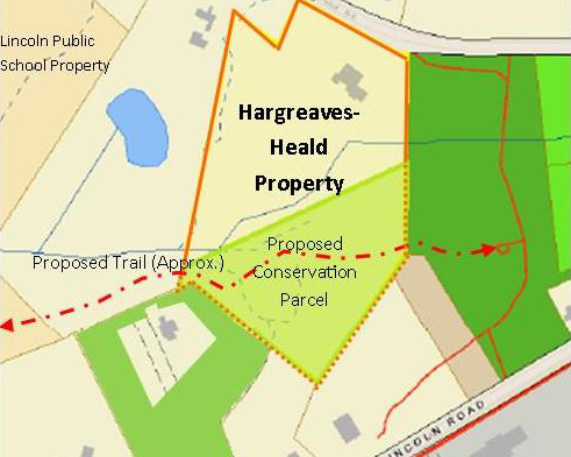To the editor:
As outgoing Selectman Eckhouse so eloquently noted, our open Town Meeting, marked by civil debates and a search for consensus, is in stark contrast to what is happening in some quarters of the national political arena. He noted that the final votes—the outcome our collective investment of time and thought this past Saturday—proved the value of that investment and the importance of coming together to shape our future. Indeed, our Town Meeting is something to celebrate.
This year’s meeting was marked by its civil debates and creative, collaborative engagement over issues. The debate over the investment of a piece of land that is part of our rural viewscape, across from the Town Office Building and next door to the Old Town Hall Exchange, led to a creative compromise. In the course of questions, the quick thinking of the Green Energy Committee Chair John Snell resulted in an amendment that would allow the potential “swap” of the town center purchase restriction for other land that might serve to host solar panels elsewhere in town. This would potentially allow for the location of a solar field on the capped landfill at our town transfer station—a goal long desired by many. The amendment offered a win/win for the town and allowed for the near unanimous passage of the measure.
We saw the value of Lincoln’s civic education. Our Lincoln school eighth-graders brought forward a warrant article to ask the town to invest in a water hydration system—a spot where you can fill a water bottle rather than use disposable cups. The presentations were informative and artful. It was during the question-and-answer portion of the debate that the true savvy and sophistication of the presenters was displayed. On a question about the cost of maintenance, one of the proponents opened with, “Short answer…” and then went into a more detailed response. Such quickness, poise and clarity are the envy of many more long-in-the-tooth public officials.
Perhaps of greatest importance was the near-unanimous (only one “no”) vote to support our schools submitting a request for consideration by the Massachusetts School Building Authority (MSBA). The School Committee, the Finance Committee and the Board of Selectmen made it clear that this was the only prudent and fiscally viable path to take. And the Town Meeting affirmed that in a resounding “yes” vote on Article 28. It is now universally accepted that out schools are in dire need of renovation and that we need the support of the Commonwealth to proceed. The message to the MSBA should now be clear and unambiguous: we are ready!
The importance of Town Meeting in reaffirming our faith in basic democracy and the importance of citizen participation was in full display this past Saturday. It truly was a day well spent and it truly was something to celebrate.
Sara Mattes
71 Conant Rd.
Letters to the editor must be signed with the writer’s name and street address and sent via email to lincolnsquirrelnews@gmail.com. Letters will be edited for punctuation, spelling, style, etc., and will be published at the discretion of the editor. Letters containing personal attacks, errors of fact or other inappropriate material will not be published.









